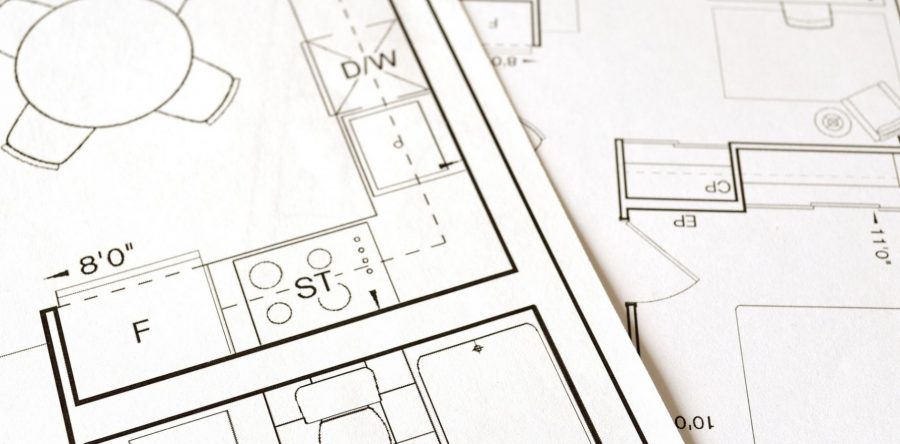Why you need to be sure when starting your project.
There are four main types of permits most homeowners will run into during renovations in their homes.
- Building permit
- Plumbing permit
- Electrical permit
- Development permit
Permits protect the homeowner against future liability for insurance purposes and resale value of the property.
BUILDING PERMIT – cost $100 to $1000 depending on size of project
This is required for new construction such as new basement development, new garage, new deck, etc. It is not generally required for cosmetic renovation work such bathroom and kitchen renovations. It is required, however, for projects such as new basement developments. Not sure? Best to contact the city or talk to your contractor.
Building permits are obtained by application by the homeowner or contractor with a fee and some drawings showing proposed work. The permit process is not complicated if you go prepared. It cannot be done online and being unprepared can mean several trips to city hall instead of just one trip.
Costs for building permits are based on size and cost of the project and can be calculated based on a simple formula (see Calgary website).
It is important that the city inspects new construction in stages as required. Failing to do so will require undoing completed work to provide access for the inspector. Your contractor normally arranged inspections.
City inspectors will usually visit twice – once for rough-in stage and once for final and will be looking for compliance with the building code. Final inspection checks for things like smoke detectors, hand rails on stairs, etc. They are not interested in cosmetics.
PLUMBING PERMIT – cost approximately $200
This is always required for new basement bathrooms not roughed in by the original builder. It can also be required when adding or moving fixtures. An experienced licensed Master Plumber will determine when a permit is needed.
If all is good, a green “Approved” sticker will be signed, dated and placed on the furnace or somewhere in the mechanical room in the basement. When it’s not good a red “FAIL” sticker will be placed somewhere in the new bathroom. This usually means starting over at homeowner’s cost.
ELECTRICAL PERMIT – cost approximately $200
Electrical permits are required for any new construction such as basement developments, new garage, etc. An experienced licensed Master electrician can determine if a permit is needed. Most simple kitchen and bathroom renovations do not need permits.
DEVELOPMENT PERMIT - $1000 and up
This permit is the most complicated one and applies to projects that affect zoning such as legal suites, basement kitchens, new structures on the property.
The development permit process can take six months or more and no guarantee of approval. Public consultation is involved and engineering drawings can be required. Costs vary depending on various factors.
Some basic homework can help decide whether the feasibility the development permit will pass before starting. It is important to note that the city will not issue a building permit if a development permit is deemed necessary.
PROBLEMS WITH NOT GETTING REQUIRED PERMITS
Proper permitting at every stage ensures compliance with building codes and insurability of your property. Most small renovations do not need permits but making sure by asking some experts can help prevent problems with insurance and resale down the road.
Realtors and lawyers routinely insert clauses asking sellers to disclose any work done without permits to protect the buyer. By signing off, the homeowner is taking legal responsibility for any unpermitted work. Non-permitted work can affect the future value of your home. As seller you are also responsible for any work done by previous owners. If you buy a property that is missing permits you assume responsibility that affects insurance and resale down the road.
Insurance companies dealing with claims for fire, flood and/or personal injury will investigate permits and can deny coverage for non-permitted work. It doesn’t matter if the work was at all related to the damage – simply not being permitted can nullify policies and future coverage.
SUMMARY
Permits for most small cosmetic remodeling and renovations are not required but if they are required make sure you get it. Permit costs are small and minor relative to the project. Permits remove your liability for insurance and resale purposes. Permits also ensure your project is done professionally and meet National Building code and provide you with care-free enjoyment.
For permit questions on your own future project give us a call at 403-560-8015. We’re here to help.



